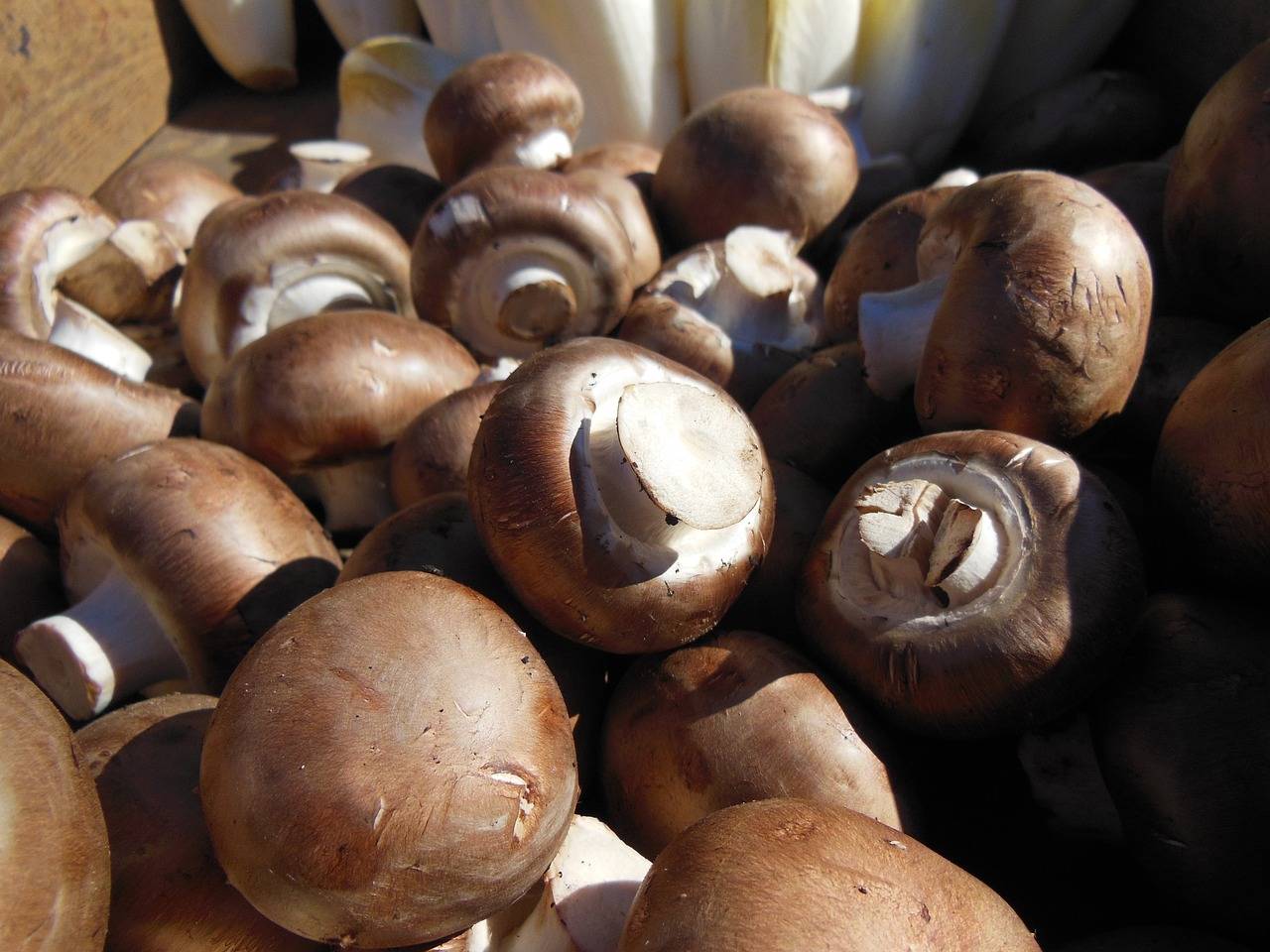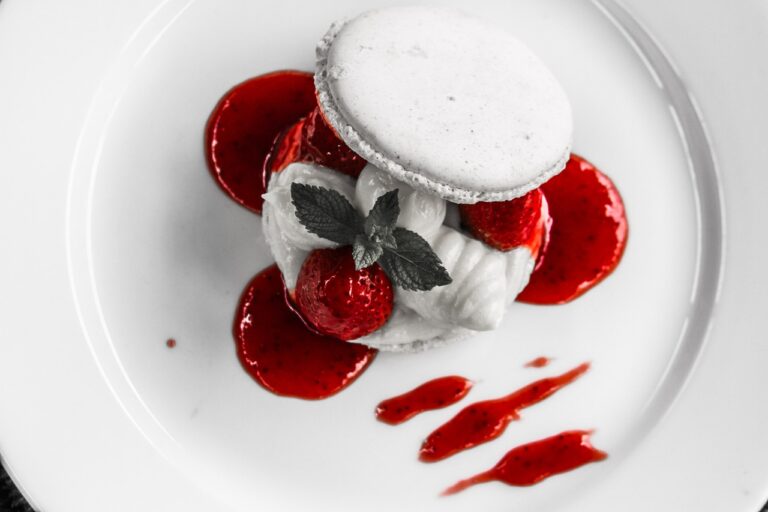The Impact of Inclusivity in Beauty: Representation Matters
Diversity in beauty matters more than ever before. In a world that is increasingly embracing and celebrating various forms of beauty, it is essential for the beauty industry to reflect this diversity and inclusivity in its products, marketing, and representation. When individuals from marginalized groups see themselves represented in the beauty world, it not only validates their unique beauty but also empowers them to feel accepted and confident in their own skin.
Moreover, diversity in the beauty industry fosters creativity and innovation. By embracing a wide range of skin tones, hair textures, body shapes, and gender expressions, beauty brands can develop products that cater to a larger and more diverse consumer base. This inclusivity not only drives economic growth but also promotes a more inclusive and harmonious society where everyone feels seen, valued, and beautiful.
The Importance of Representation in the Beauty Industry
Representation in the beauty industry is crucial for fostering a sense of inclusivity and empowerment among consumers. When individuals see themselves reflected in advertisements, campaigns, and product offerings, it not only boosts their self-esteem but also sends a powerful message that beauty comes in all shapes, sizes, and colors. By featuring a diverse range of models and spokespeople, brands have the opportunity to connect with a larger audience and build trust with consumers who may have previously felt overlooked or marginalized.
Moreover, representation in the beauty industry plays a key role in challenging societal norms and stereotypes. By showcasing a variety of beauty standards, including those that are often underrepresented in mainstream media, the industry has the potential to shift perceptions and redefine what is considered beautiful. This can lead to greater acceptance and celebration of diverse identities and beauty ideals, paving the way for a more inclusive and accepting society overall.
Challenges Faced by Underrepresented Groups in the Beauty World
Navigating the beauty world can be a daunting task for individuals from underrepresented groups. Limited shade ranges in makeup products often leave individuals with darker skin tones struggling to find products that cater to their specific needs. This lack of inclusivity can lead to feelings of exclusion and frustration, highlighting the importance of brands offering a diverse range of shades to accommodate all skin tones.
Additionally, the beauty industry’s prevailing Eurocentric standards of beauty can make it challenging for individuals with features that do not align with these norms to feel accepted and represented. Hairstyling products and techniques are often centered around Eurocentric hair textures, making it difficult for those with diverse hair types to find suitable products and salons that cater to their needs. This lack of representation can perpetuate feelings of marginalization and inadequacy within underrepresented groups in the beauty world.





